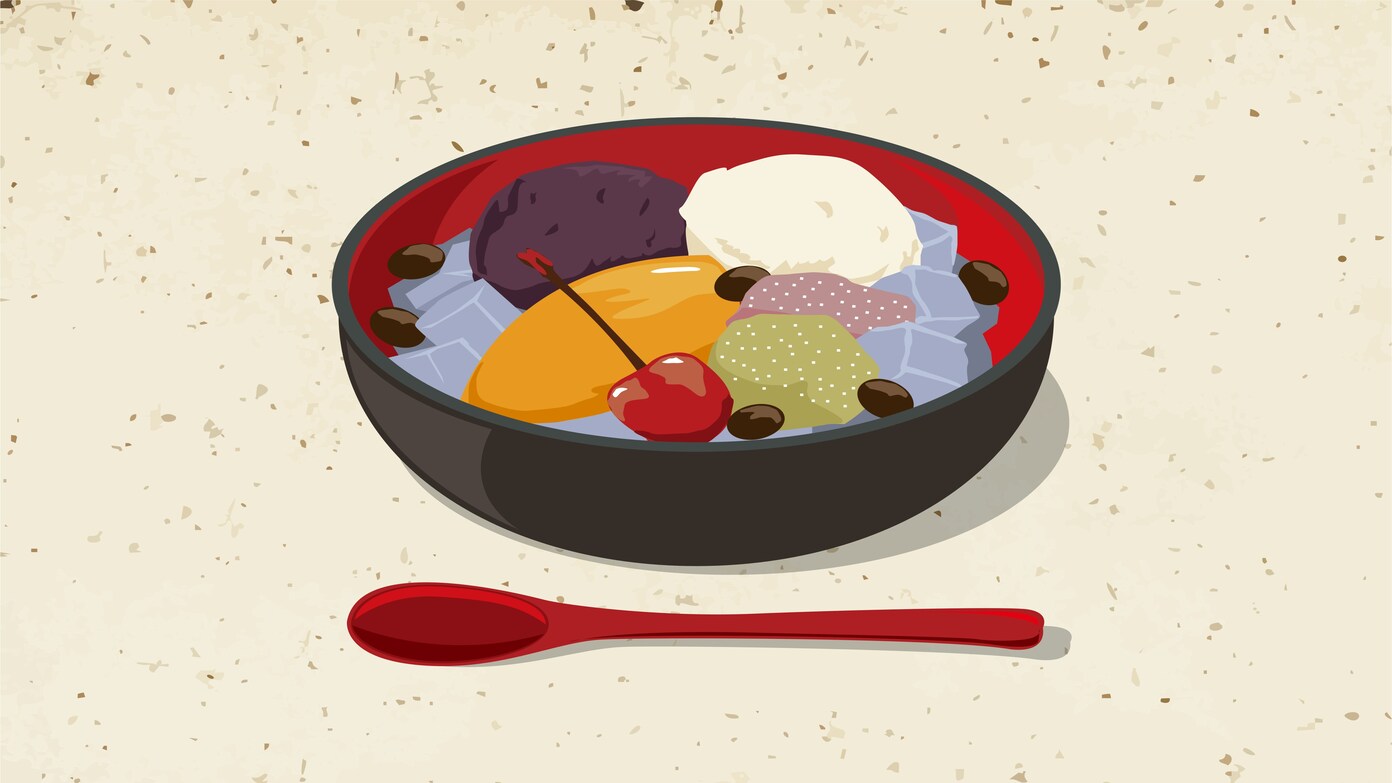Understanding what SNAP covers
The Supplemental Nutrition Assistance Program (SNAP), also known as Food Stamps, helps low-income families and individuals buy food. SNAP benefits are received on an Electronic Benefit Transfer (EBT) card, which is utilized like a debit card and is accepted at approved grocery stores, supermarkets, and farmers’ markets across the country.
SNAP’s ultimate goal is to allow the shopping for nutritious, healthy foods that help ensure a balanced diet. Not everything in a grocery store can be purchased with SNAP benefits, however. The United States Department of Agriculture (USDA) has very specific guidelines regarding what is acceptable and what is not.
Recommended topic: Neither California nor Florida – The state where SNAP Payment amounts will increase the most, with payments of up to $1,995 if you meet…
Kosher and halal foods qualify
Good news for religious families — kosher or halal products can be purchased using SNAP benefits if they are identical to other eligible foods.
That implies that if something such as kosher chicken, halal beef, or halal-certified snacks is being sold as food, then it falls under SNAP. There isn’t any religious form of food particularly excluded. SNAP deals with what food is, not the manner in which it’s prepared or certified.
So if it is the kosher loaf of bread, the halal frozen meal, or vegetables cultivated for a halal kitchen, these are all permissible if it is being retailed as a regular grocery item for home consumption and preparation.
Foods you can buy using SNAP
According to the USDA, SNAP benefits can be used to buy any food for household consumption, such as:
- Fresh, frozen, or canned fruits and vegetables.
- Meat, poultry, and fish – kosher and halal certified products included.
- Dairy products – milk, cheese, yogurt, and other foods of that type.
- Bread and cereals – anything from bread in a packet to breakfast cereal.
- Snack foods and non-alcoholic beverages – such as chips, crackers, juice, and soda.
- Seeds and plants – foods one can plant to grow food at home, i.e., tomato or lettuce seeds.
Essentially, if it’s for home consumption and not hot or prepared for immediate consumption from a restaurant or deli, it’s probably eligible under SNAP.
Read this later: What are the SNAP Payment deposit dates in Texas for October 2025? Here is this month’s Food Stamps payment schedule
What SNAP benefits cannot be used for
Although SNAP is generous when permitting the purchase of a broad array of foods, it is restrictive in what may not be purchased with these benefits. SNAP may not be used to purchase:
- Alcoholic drinks – including liquor, wine, and beer.
- Tobacco products – cigarettes, cigars, and other tobacco products.
- Food or drink with controlled substances – for instance, products containing cannabis, marijuana, or CBD.
- Medicine, vitamins, and supplements – other than anything labelled with “Supplement Facts”.
- Live animals – other than seafood like fish or shellfish, or animals killed before pickup.
- Hot foods – food or food products prepared and served hot (takeout or rotisserie chicken).
- Nonfood items – including pet food, paper products, cleaning supplies, sanitary items, and cosmetics.
These restrictions are intended to ensure that SNAP benefits are used solely for food that will be consumed by the household and not for luxury or non-food items.
Why some things are limited
SNAP is designed to help with food, not with general cash assistance. This is why some items like alcohol, household supplies, and vitamins are not permitted — they do not directly help get food on the table.
Making the most of SNAP benefits
The families can stretch their SNAP dollars by being smart shoppers — buying fresh fruits and vegetables, using coupons, and choosing healthy food. Even some grocery stores and farmers’ markets have “Double Up Food Bucks” programmes, where SNAP’s clients can get additional credit for buying fruits and vegetables.
Whether you’re buying kosher chicken, halal-certified beef, or simply everyday groceries, SNAP ensures millions of Americans have access to the food they need to live healthy lives — regardless of culture, background, or faith.

